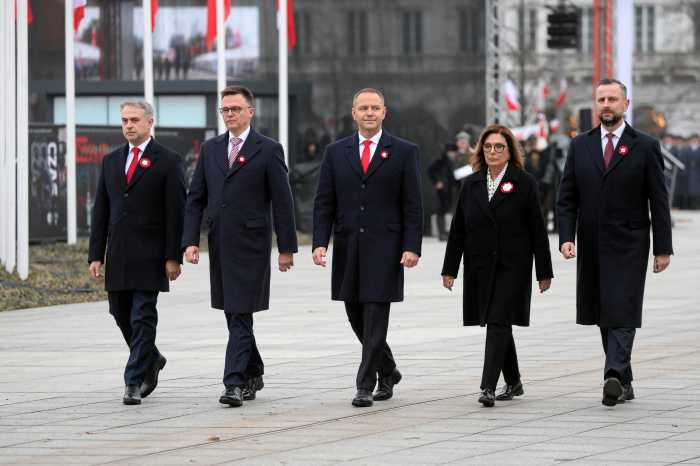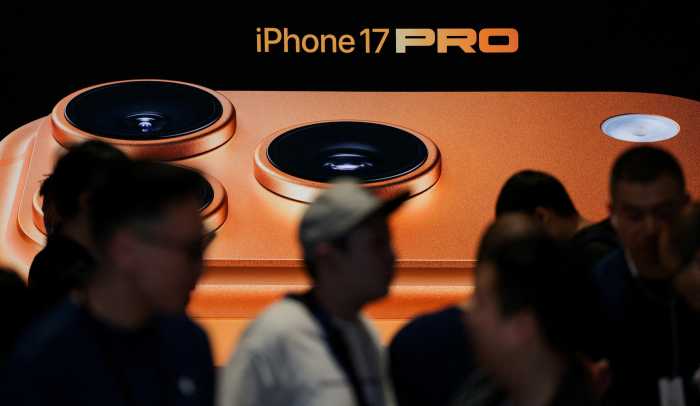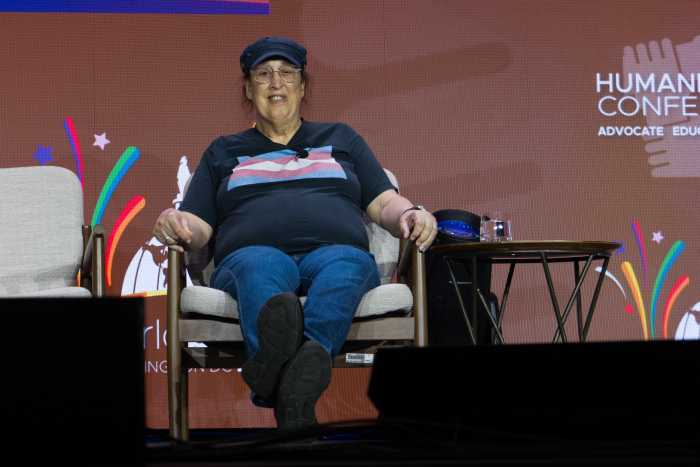As the hit movie “Barbie” rolls out across the Middle East, Kuwait and Lebanon have banned the film in their countries for apparently going against their nations’ beliefs and values. Other countries, like Saudi Arabia and Bahrain, are allowing it to play.
“Barbie” is centered on the wildly popular Mattel product, Barbie dolls, and offers commentary on womanhood, feminism, equality, and much more. The movie also features many different actresses, of all sizes, races, and sexualities, including trans actress Hari Nef.
According to the Associated Press, Kuwait announced its ban Aug. 9, stating that the movie promotes “ideas and beliefs that are alien to the Kuwaiti society and public order.” There was further explanation into the nature of the “Barbie” movie, which detailed no obvious reference to LGBTQ rights throughout the film.
In Lebanon, Culture Minister Mohammad Mortada announced the same day that he was pushing to ensure that there would be no showings of the movie across the country. He stated that the interior minister should take all necessary actions and means to ban the showing of the movie.
The film “promotes homosexuality and transsexuality … supports rejecting a father’s guardianship, undermines and ridicules the role of the mother, and questions the necessity of marriage and having a family,” he said.
Mortada noted that the movie “contradicts values of faith and morality.” Thus, the censorship committee is now investigating the movie, though its original premiere date was set to be August 31.
The film has already been banned in Vietnam, and altered in the Philippines, over the map featured in the movie that showed China’s claims in the disputed South China Sea. The film’s original release date in Pakistan’s Punjab province was also delayed over the content of the film.
Meanwhile, the film opened in Saudi Arabia, the United Arab Emirates, and Bahrain on Aug. 10, according to the New York Times — a stark contrast to eight years ago when there were no movie theaters in Saudi Arabia.

































